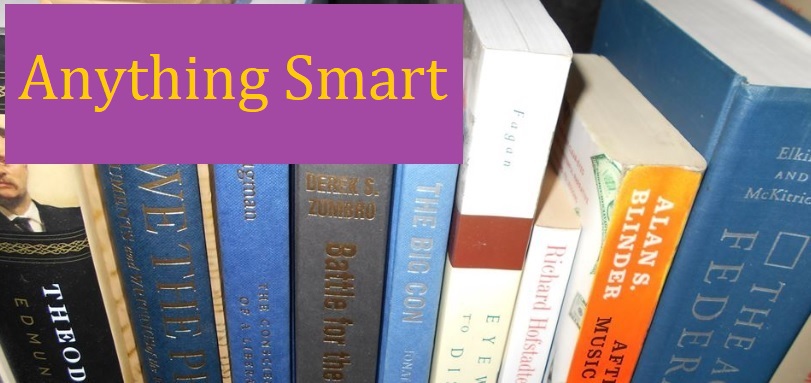What seems bad to one person may not seem bad to another person because bad is always defined relative to some standard, and people don't all have the same standards.
For example, I have always believed that good people try to develop their minds and learn about the world and understand how things work, but Trump seems ignorant of the most commonplace facts about history or science and shows no obvious interest in learning anything new.
I have always believed that good people tell the truth, but Trump lies without ceasing.
I have always believed that good people are generous and sharing, but Trump is grasping and greedy.
I have always believed that good leaders find ways for everyone to win, but Trump brags about beating his enemies.
I have always believed that good leaders accept the blame when things go wrong and share the credit when things go right, but Trump takes credit for anything he thinks will gild his reputation and blames someone else for everything that goes wrong.
I have always believed that good people are modest and humble, but Trump is proud and arrogant.
I have always believed that good people have some spiritual dimension to their lives and care about values like goodness and beauty, but Trump, as far as I can see, is completely materialistic and cares only about money and fame.
I have always believed that good people treat other human beings with dignity and respect, but Trump is a name caller, an insulter, a bully.
I guess people who like Trump must have different standards than I do, but to me, relative to everything I have ever believed in, Trump is a bad man.
That's why I have to fight him, and all that he stands for.
If you see some good in Trump please share it in the comments section.
***
[Very important book about how people are persuaded in a post-truth world.]
[If you want to support "Anything Smart" just click on book links like the one below to buy your books. "Anything Smart" will receive a commission. Thanks!]
***
Copyright © 2017 by Joseph Wayne Gadway


